Available funding and new border crossings are still not
enough to help quake-hit citizens in Syria’s battered northwest,
the head of the World Health Organization [WHO] has said, adding he was “disturbed
and heartbroken” by a visit to the opposition-run region.
WHO chief Tedros Adhanom Ghebreyesus
was speaking to reporters on Wednesday after visiting a hospital in the area,
where more than 4,500 people have died as a result of last
month’s devastating earthquakes epicentered in southern Türkiye.
Following the quake, Syrian regime leader Bashar al Assad allowed the opening of two more crossings with Türkiye, bringing the total to three, to allow aid into the region held by his opponents. The Syrian regime has said 1,414 people were killed in areas under its control.
However, more access — and funding — were still needed,
Ghebreyesus said.
“I don’t think the existing, the three, will be enough. Any
available access should be used,” he told reporters in Syria.
He said he did not discuss with local authorities the
possibility of aid coming in across front lines from regime-held zones.
“The people of northwest Syria need the assistance of the international community to recover and rebuild,” Tedros said.
“I call on the international community, governments, philanthropists, individuals, to dig deep,” added Tedros, the highest-ranking United Nations official to visit the opposition-held area since civil war broke out almost 12 years ago.
READ MORE:
Live updates: New aftershock hits Türkiye’s Hatay as toll surpasses 45,000
Hospitals in dire conditions
The UN had already struggled to gather funding to address
Syria’s worsening humanitarian situation before the earthquakes hit, and had secured just half of its 2022 appeal.
It said it would need nearly $400 million over three months
to respond to those affected by the quake in Syria alone.
“Even before the earthquake, needs were increasing while international aid was decreasing,” Tedros said.
“We must not close our eyes or turn our backs on the Syrian people.”
The opposition-run zone in the northwest is home to
some four million people, many of them displaced by conflict in
other parts of their homeland.
Hospitals there are in particularly dire conditions, having
been hit by air strikes over the years and facing chronic
shortages of equipment.
The UN said Syria’s needs are now at its highest since the
start of the civil war nearly 12 years ago.
READ MORE: Graveyard of the unidentified: How Hatay is burying unclaimed quake victims

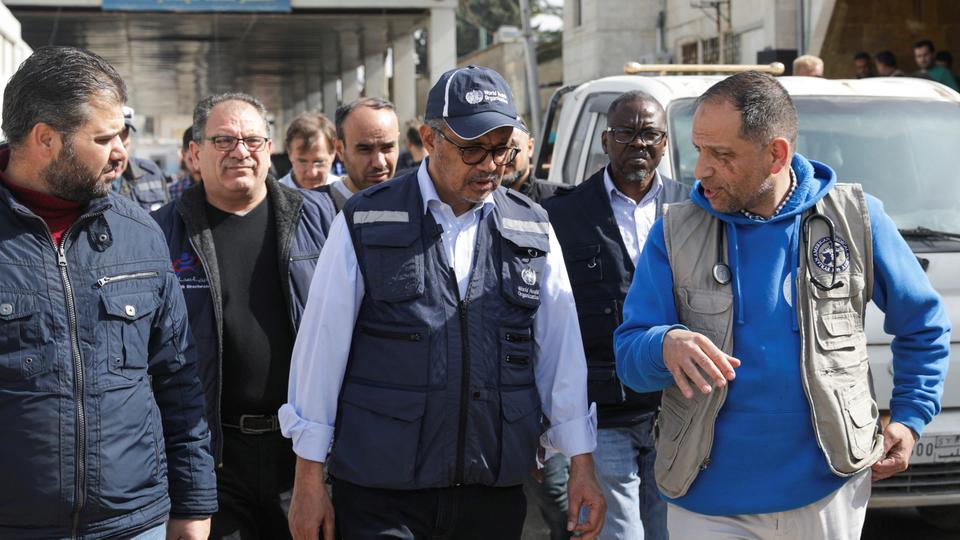

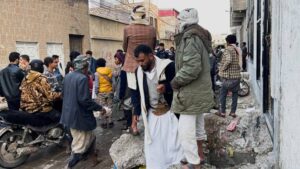

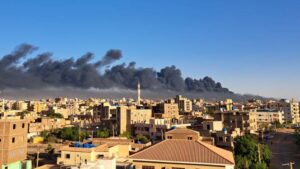

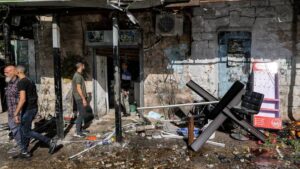

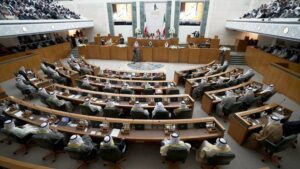
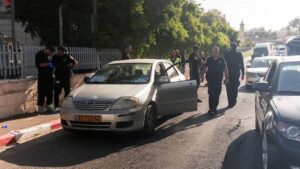
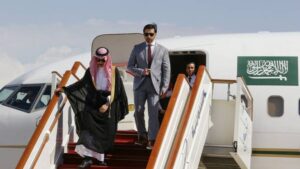
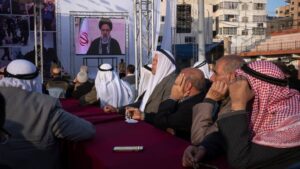

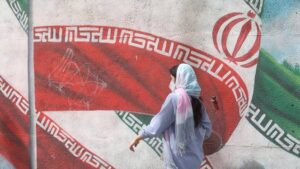
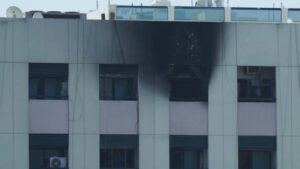
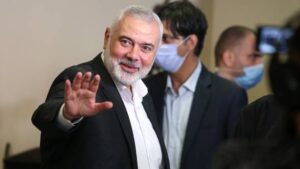
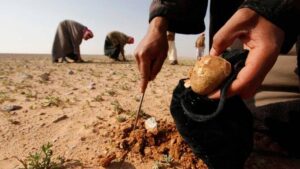

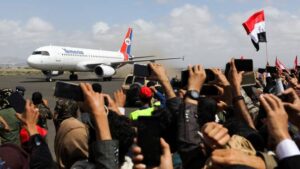
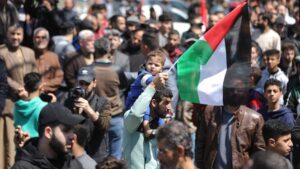
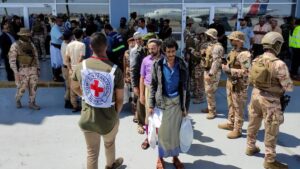

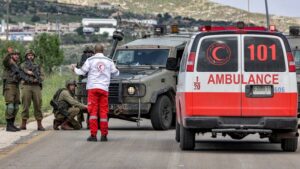
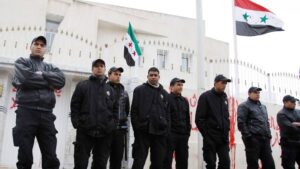
![Deputy Minister of Saudi Foreign Ministry, Waleed El Khereiji [R], meets with Syrian Minister of Foreign Affairs Faisal Mekdad in Jeddah, Saudi Arabia, on April 12, 2023.](https://www.infonewsall.com/storage/0m_153832_sau20230412saudiarabiasyria_1681335069352-300x169.jpg)

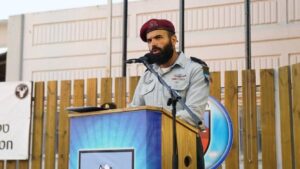
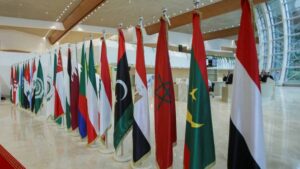
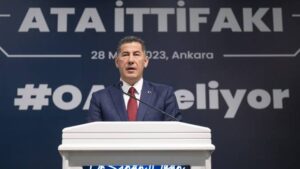
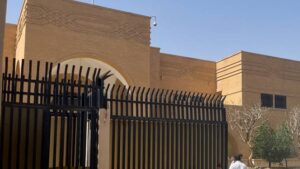


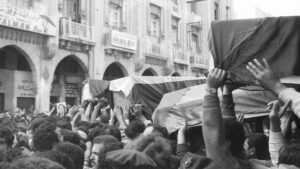


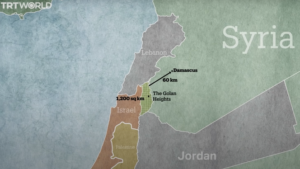

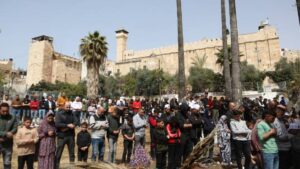
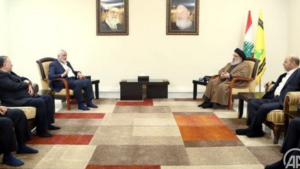
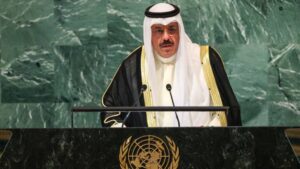
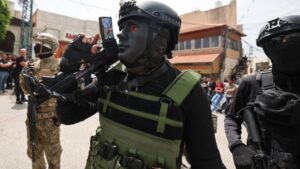






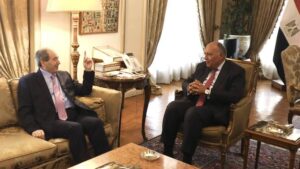

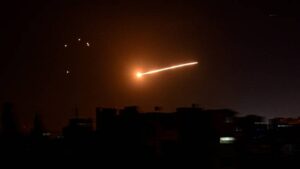
Be First to Comment